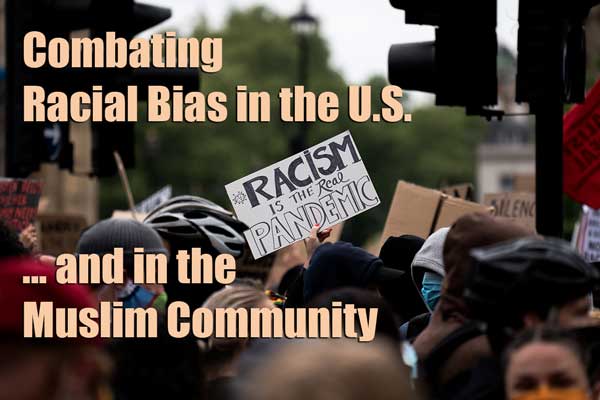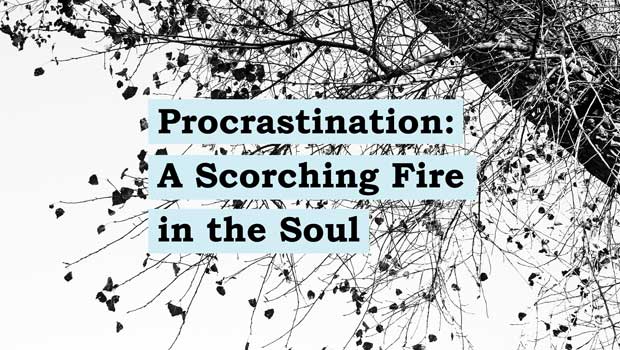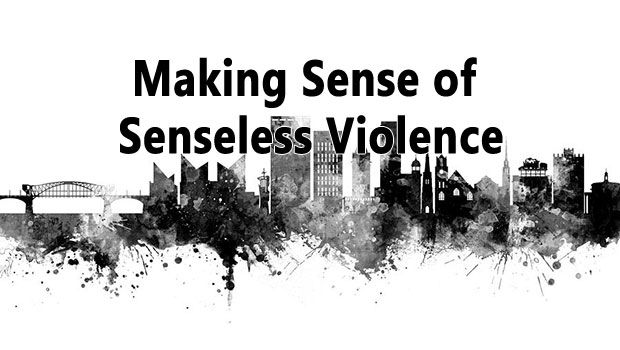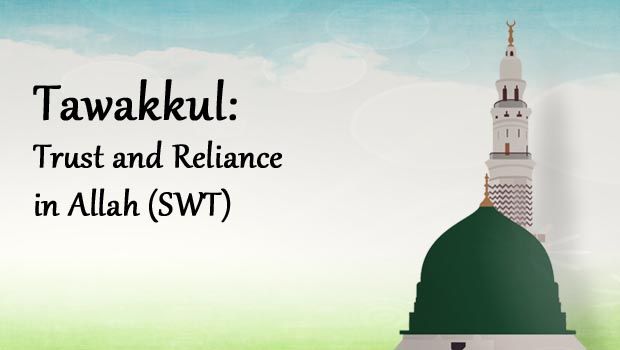Can you recall the first time you heard about or were directly affected by racial bias, colorism, or any other type of discrimination? Although I never experienced bigotry firsthand until I moved to the United States, I do recall an incident that impacted me as a little girl growing up in Puerto Rico. My mother and I had gone to visit my great-aunt, and as I sat, legs crossed on her flowery couch and hands placed neatly on my lap, I overheard a strange conversation. My great-aunt, a white-haired woman with pale skin and faded blue eyes, lamented that her daughters chose to marry men of dark complexions and coarse hair.
“Their children came out with that pelo malo, bad hair,” she exclaimed to my mother, throwing a frustrated gesture into the air. She glanced at me and apologetically added, “At least your husband is not so dark and yours came out cepillados.” The word “cepillado” in Spanish means to brush, remove dirt, clean, or smooth a surface.It is the same word we use to say, “brush your teeth.” So, she implied that since my brother and I were born with lighter skin and less textured hair than her grandchildren, we were somewhat cleaner-looking or acceptable. I could not believe my ears, and even though I must not have been more than 7 years old, I was offended to my core. After we left her house, I told my mother I never wanted to visit her again. My mother nodded in agreement, quite possibly feeling just as insulted.
I wondered why, if we were all Puerto Rican, my great-aunt would feel like she was better than an islander with darker skin. Why did she demean her own grandchildren only because they had a caramel complexion and coily hair? After all, most Puerto Ricans have visibly mixed heritage; our ancestors are a rich blend of native, European, and North and West African. My father happens to be a Puerto Rican of mixed race, darker than my mother’s side of the family, who are of mostly European descent or mestizos. My grandfather had light brown hair and green eyes, and his family migrated to Puerto Rico from Corsica, then part of Italy. My grandparents on my mother’s side, however, are a mixture of indigenous Taino and African, with browner skin tones and features. I was angry that anyone, much less a family member, would point out our differences when I believed, in my childlike way,that our diversity is what made us so unique and beautiful. In fact, my parents lovingly referred to me as their negrita, or little black girl, a common term of endearment in our culture.
Racism in a Historical Context
NowI understand that this colorism and racial bias are byproducts of Caribbean colonialism, but as a child this was a concept too complex to understand.Racism, colorism, ethnocentrism, classism and other superiority biases are as old as time itself, and present in every part of the world, manifesting themselves in different forms. When the Spanish made their way to the New World, after the newly victorious Catholic monarchy expelled Muslims and Jews from the Iberian Peninsula, they brought with them their own brand of racist, supremacist, and anti semitic views. To be white and Christian was to be pure, untainted, and civilized. People of color were classified as subhuman, dirty, and uncouth, a sentiment fueled by hatred for the Moors, according to historian Alan Mikhail, author of the book, In God’s Shadow: Sultan Selim, His Ottoman Empire, and the Making of the Modern World.
In the Caribbean Spanish colonies, a sort of caste system was put in place in which “Peninsular” Spaniards – those born in Europe – were the elite and ruling party, followed by the Puerto Rican born Spaniards, followed by mestizos – a mixture of Spaniard and indigenous,then the mulattoes – a blend of African and indigenous, and then the purely indigenous and Africans at the bottom of the barrel. This system became widespread in places like the Americas, European-occupied African lands, and the Indian subcontinent.
We never learned about this aspect of history in school as children. In Puerto Rico and here, in the United States, Christopher Columbus and other famous explorers, like our founding fathers, are regarded as heroes, despite their racist ideals. We studied little about ethnocentrism around the world and why some dominant groups viewed others as inferior. As Dan Brown wrote in The Da Vinci Code, “History is always written by the winners. When two cultures clash, the loser is obliterated, and the winner writes the history books – books which glorify their own cause and disparage the conquered foe.” To educate ourselves on this reality is to willfully begin a journey of reversing the effects of colonialism within our own minds, families, and communities. It becomes clear that our job now, as informed parents, guardians, and educators, is to teach our children that racism, colorism, classism, and every sort of bigotry is wrong and contrary to our Islamic faith.
Indeed, this plague of bigotry, has even made its way back into our Muslim communities of today when over 1400 years ago, the Prophet Muhammad, peace be upon him, warned his followers against it. We hear, time and time again, of the Prophet’s final sermon, in which he famously declared, “… All mankind is from Adam and Eve; an Arab has no superiority over a non-Arab nor a non-Arab has any superiority over an Arab.Also a white has no superiority over a black nor a black has any superiority over a white – except by piety and good action” (Bukhari).Thus, the only characteristic that distinguishes one human being over another, male or female, or whatever their ethnicity or race or culture, is their faith and deeds.
In the Qur’an, Allah, Himself, may He be glorified, says, “O mankind, indeed We have created you from male and female and made you peoples and tribes, that you may know one another. Indeed, the most noble of you in the sight of Allah is the most righteous of you. Indeed, Allah is Knowing and Aware” (49:13).The two primary sources of our faith and practice, the Qur’an and the Sunnah, clearly prohibit any type of racism or tribalism. These teachings were groundbreaking, nevertheless, they are not always put into practice.
Identifying and Eliminating Bias
Human beings are intrinsically biased, we tend to have preferences when it comes to innocent things such as food, the weather, or pet ownership. However, bias becomes problematic when it is directed at groups of people based on preconceived notions or stereotypes. For my great-aunt, a Puerto Rican of darker complexion was undesirable based on the notion that blacks or mulattos were of a lower social status. In the book, Overcoming Bias: Building Authentic Relationships Across Differences, authors and experts on diversity, Tiffany Jana and Matthew Freeman, describe bias as a natural, normal human tendency. However, they say, “expressing bias toward or against people and acting on that bias gets people fired.” Their solution is to become a “cultural ally, someone who seeks to expand their understanding of others and use if for good.” There are certain steps that one must follow to become a cultural ally, and these can be applied by both adults and children.
The first is to acknowledge our own biases. As Allah says in the Qur’an in chapter 13, verse 11, “Allah will not change the condition of a people until they change what is in themselves.”Although slavery was abolished in the United States 155 years ago, the oppression and suppression of African Americans and other people of color has evolved in its form and operation and continues to this day. There is cultural and racial bias ingrained in the fabric of the American way of life. The escalating racial tension fueled by multiple cases of police brutality and targeted killings of African Americans in 2020is indicative of just how much more work needs to be done. Fortunately, these cases have garnered international attention and sparked movements for change, including in the Muslim community.
One of the conversations that individuals and organizations are now having is that of privilege. Jana and Freeman mention checking one’s privilege and ego is the second step in combating negative bias. They say, “Generally speaking, privilege blinds you to the challenges that others face. Suffering through a challenge helps you build empathy for others in a similar situation.” An example of this is how certain groups within the Muslim community rally behind a cause depending on the nationality of those affected. Muslims should unify under the banner of faith and universal human rights to combat racism, using whatever privileges we enjoy individually, whether that be racial, socio-economic, or educational.
Another step we can take to become cultural allies is to actively seek out diverse relationships. Jana and Freeman say that we should aim to be “someone who deliberately deepens her or his understanding of others through cultural fluency and cultural competence.” As Allah says in chapter 49, verse 13, as cited above, we must get to know one another. This should not be in a superficial manner, but rather through forging close, meaningful relationships across differences. The final two steps go hand-in-hand with some simple principles of communication:“ask, don’t assume” — if you are not sure what someone means and you ask them to clarify rather than assuming what they mean, you are enhancing communication with them and avoiding misunderstanding;and “listen, don’t judge” — this is not as easy as it sounds. But truly keeping an open mind about what another person is trying to convey and aiming to see their perspective, without any ego judgments, fosters mutual understanding and a sense of deeper connection as human beings. These communication guidelines apply to all human interactions, but especially are important when we communicate with people who are different from us, whether ideologically, religiously, racially, culturally, or otherwise.
Taking all of these necessary precautions within our own circles to avoid racial bias and discriminatory practices may not completely obliterate racism in the world, but it can spark positive change in our community.





